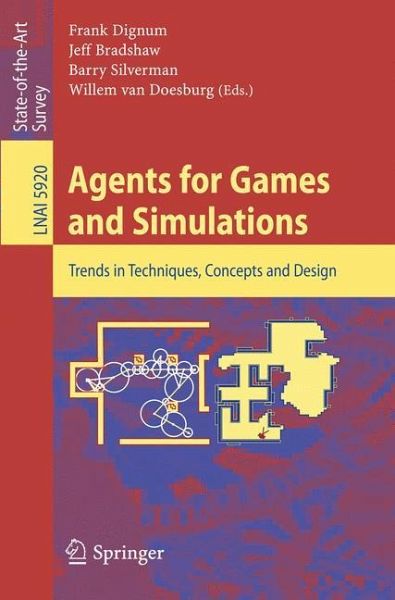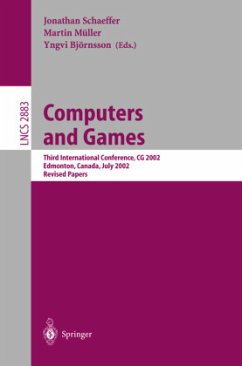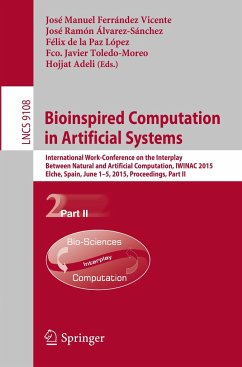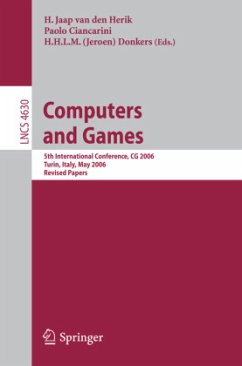
Agents for Games and Simulations
Trends in Techniques, Concepts and Design
Herausgegeben: Dignum, Frank; Bradshaw, Jeff; Silverman, Barry G.; Doesburg, Willem van

PAYBACK Punkte
19 °P sammeln!
Research on multi-agent systems has provided a promising technology for implementing cognitive intelligent non-playing characters. However, the technologies used in game engines and multi-agent platforms are not readily compatible due to some inherent differences in concerns. Where game engines focus on real-time aspects and thus propagate efficiency and central control, multi-agent platforms assume autonomy of the agents. Increased autonomy and intelligence may offer benefits for a more compelling gameplay and may even be necessary for serious games. However, problems occur when current game ...
Research on multi-agent systems has provided a promising technology for implementing cognitive intelligent non-playing characters. However, the technologies used in game engines and multi-agent platforms are not readily compatible due to some inherent differences in concerns. Where game engines focus on real-time aspects and thus propagate efficiency and central control, multi-agent platforms assume autonomy of the agents. Increased autonomy and intelligence may offer benefits for a more compelling gameplay and may even be necessary for serious games. However, problems occur when current game design techniques are used to incorporate state-of-the-art multi-agent system technology. A very similar argument can be given for agent-based (social) simulation.
This volume contains the papers presented at AGS 2009, the First International Workshop on Agents for Games and Simulations, held in Budapest on May 11, 2009. The focus of the workshop was on the particular challenges facing those using agent technology for games and simulations, with topics covering the technical, conceptual and design aspects of the field.
This volume contains the papers presented at AGS 2009, the First International Workshop on Agents for Games and Simulations, held in Budapest on May 11, 2009. The focus of the workshop was on the particular challenges facing those using agent technology for games and simulations, with topics covering the technical, conceptual and design aspects of the field.













